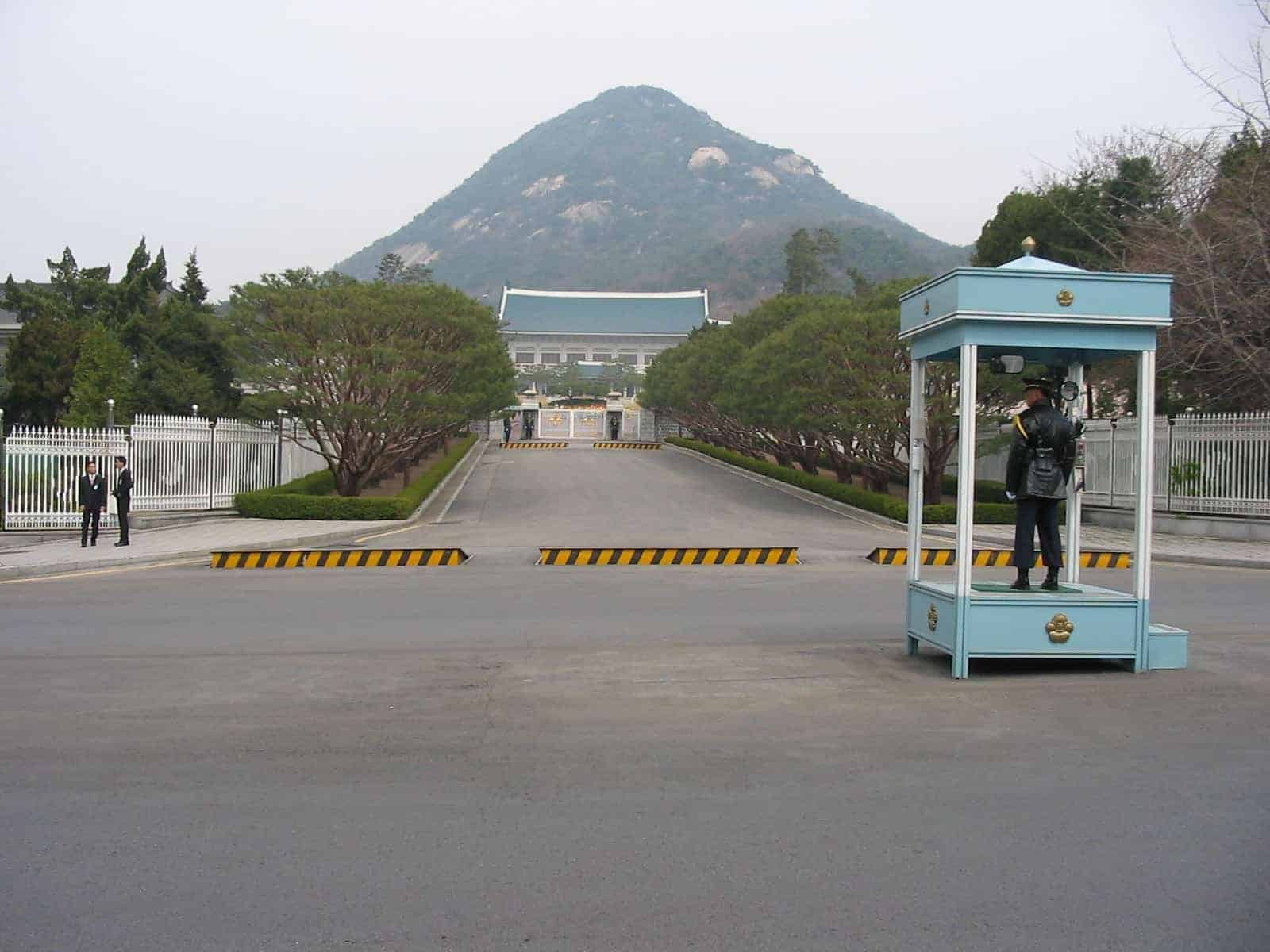Cryptocurrency advocates in South Korea have filed three petitions to the Korean presidential Blue House in the past three months, voicing increasing displeasure with what they view as blatant government discrimination against virtual assets.
The first and second petitions decried the way cryptocurrencies will be taxed next year, with allowable deductions for cryptocurrency transaction gains being markedly lower than those applied to gains made on the stock market.
The third petition, which was filed April 22, demands the resignation of Korea’s Financial Commission chair, Eun Sung-soo, after he made comments regarding crypto investment that crypto advocates felt denigrated them. That petition received nearly 50,000 signatures in less than 24 hours and is now under government review.
The Blue House National Petition Bulletin is an online petition system by which government officials respond directly via video to petitions that garner over 200,000 signatures within 30 days.
Demanding tax leniency on cryptocurrency
The first petition, which garnered more than 51,000 signatures before expiring on March 12, requests an increase in allowable deductions from cryptocurrency transaction gains. The currently proposed model would tax cryptocurrency gains higher than 2.5 million won, or about US$2,200, while stock and equity traders will enjoy deductions up to 50 million won, or US$44,600.
Some say this imbalance represents direct discrimination against Bitcoin and other cryptocurrencies, which have been enjoying sizable price increases in recent months. Government officials don’t agree.
An official from the Ministry of Strategy and Finance rebutted: “We have never discriminated against cryptocurrency” and further noted. “We have applied an exception to the stock market, but the taxation criteria for cryptocurrency are the same as for other assets.”
The difference in treatment is ostensibly due to difficulty in classification. Cryptocurrencies, which are intangible assets according to International Financial Reporting Standards, are to be treated as other income, as opposed to stocks and equities, where capital gains tax applies.
But some experts see the distinction as ill-advised.
“There is a big difference in meaning and price of a cryptocurrency and intangible assets such as trademarks,” said Lee Dong-gun, professor of accounting at Hanbat National University, reports Korean publication Money Today. “It is necessary to interpret it [cryptocurrency] as a stock and apply a deduction of 50 million won.”
A second petition making the same argument as the first was posted to the Blue House National Petition Bulletin April 14, and will be open until mid-May. At time of publication, it has garnered 39,252 signatures.
Anger at Financial Services Commission chair Eun Sung-soo
The third Blue House petition came this week in the wake of remarks by Financial Services Commission chair Eun Sung-soo. The petition already has 48,000 signatures demanding Eun’s resignation as of publishing time.
At an April 22 National Policy Committee meeting Eun said that cryptocurrency investment might be “the wrong direction.”
Eun contrasted virtual currency investments with avenues he thought to be more secure, such as investing in art.
Many crypto holders did not take kindly to those remarks.
The anonymous, self-identified office worker who posted the third petition took issue with Eun’s negative characterization of cryptocurrencies.
“I think grown-ups should correct their course if they are going the wrong direction,” Eun said. “If you start protecting investments that have the ability to soar up to 20% a day, more and more will start heading in that direction.”
The author of the petition called the government’s stance on crypto a “double standard” and criticized the older generation’s stifling of new investment opportunities for younger people, even though they had similarly accrued “easy” wealth via real estate.
“They are pouring out various regulations to prevent equal opportunities for 2030,“ the petition reads. “Thanks to this, No matter how hard I work, I face the reality that I can’t own a house.”





